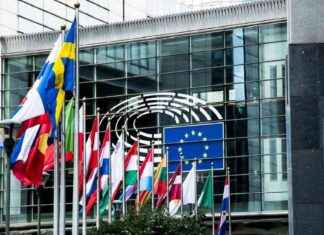The Contentious Administrative Court number 8 of Barcelona has endorsed that the City Council of Barcelona copper the real estate tax (IBI) to a congregation of the Catholic Church that rented a building of its property to a mercantile society, reports the consistory this Monday in a
release.
According to the City Council, this is the first time that justice is pronounced in favor of the collection of municipal taxes to the Church by the fact of receiving economic returns from its assets.
From the Institut Municipal d’Hisenda, the congregation had to be reported that I had to pay 22,368 euros as IBI of 2019 corresponding to the property of its ownership that perceived returns derived from the rent, reports Europa Press.
The Congregation brought an administrative resource against this liquidation, which dismissed the Department of Commerce, Markets, Internal Regime and Finance of the Town Hall, which allowed the religious entity to resort to justice, which issued this sentence on July 22
of July.
The consistory defends that the congregation is given high in the tax on economic activities (IAE) because they are exercising an activity by which it perceives economic performance and, for this reason, considers that it must pay the IBI.
According to the City Council, the religious congregation argued that, when this local is used to teaching, it was included in the reasons for the exemption of IBI collected in the law that regulates the fiscal regime of non-profit entities and in the concordat between Spain and
The Holy Headquarters of 1979.
However, the court who has resolved the case considers that this is not correct because who exercises the teaching activity is a mercantile society, while the congregation what it does is rent space, because in its view, the congregation is leading to
Cabo an economic and non-educational activity, and consequently you must pay the IBI of the premises.
Thus, the consistory understands that if it was exempt from the IBI payment, the economic activity of rental of real estate made by a non-commercial entity could suppose a disloyal competition regarding mercantile companies, “which in any case are subject to tax payment
“.” It would be an aid of illegal state, prohibited by the law of the European Union, as recognized by the Court of Justice of the European Union on several occasions, “concludes the consistory.






